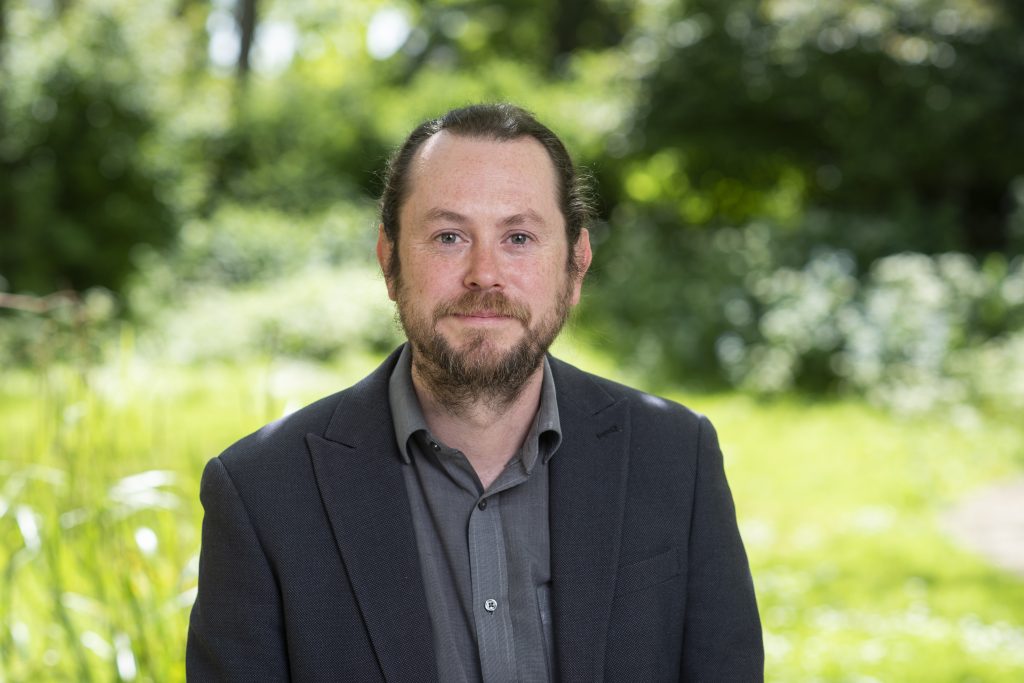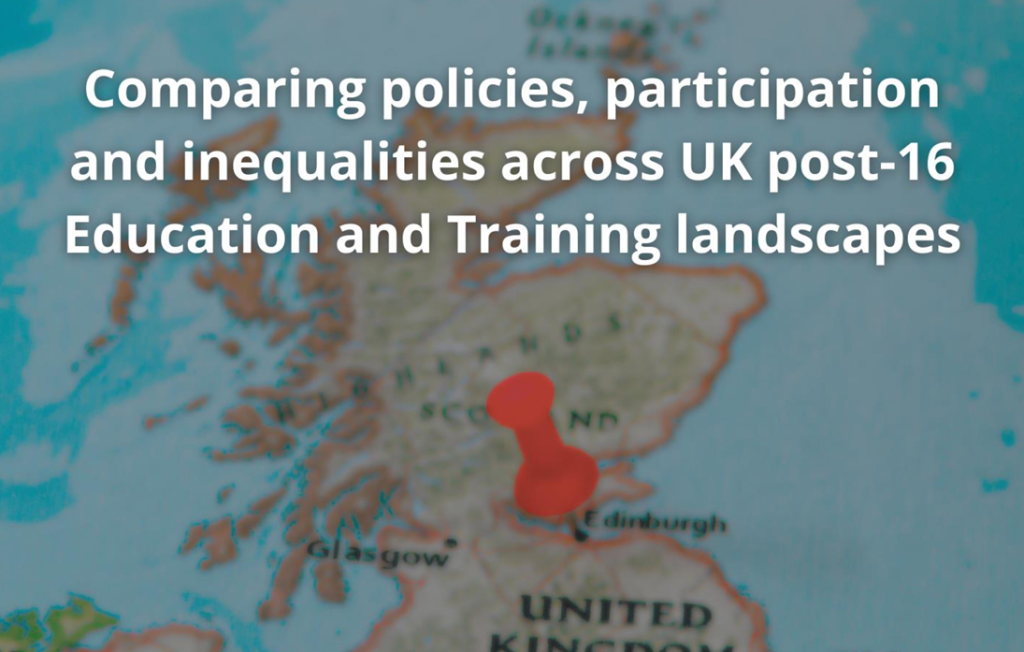Understanding NEETs: Individual and institutional determinants of youth inactivity in France, Germany, Japan, the Netherlands and the UK
The Project
In 2012 no less than 15% of young people aged 15-29 in Organisation for Economic Co-operation and Development (OECD) countries were Not in Employment, Education or Training (so-called “NEETs”). The NEET rate varies markedly between countries. In Turkey almost 30% of all young people were NEETs. However even in the Netherlands – the country with the lowest rate – the NEET rate is 7%.
This project investigates the patterns, causes and consequences of NEET to reveal and understand country similarities and differences. The goal is to provide new theoretical and empirical insights on the temporal patterns of NEET, the impact of individual and institutional characteristics and the interplay between institutions and individual characteristics on young people’s transitions into and out of NEET. This will be achieved by examining the patterns, causes and consequences of NEET in a sample of OECD countries, specifically France, Germany, Japan, the Netherlands and the UK.
External project members include, Mark Levels (Maastricht University); Heike Solga (Berlin Social Science Center); additional collaborators in France and Japan.
Research Team
More Projects
-
Social Science Engagement Fellowship: Support Care Leavers’ Access, Participation and Achievement in Higher Education and Transition to WorkJanuary 2026 - June 2026The recent Post-16 Education and Skills White Paper highlights persistent inequalities and the Ministerial priority to improve access, participation and achievement among underrepresented groups in higher education (HE).
-
NEET Narratives and Youth Re-Engagement: A Social Media Analysis from a Digital Community on RedditJanuary 2026 - July 2026This study examines how young people who self-identify as NEET in the UK make sense of learning, work, and employability.
-
NetZeroEDJuly 2025 - June 2026In collaboration with the DfE, school partners and a Youth Advisory Board, this project addresses the question: How can curriculum designers provide better Net Zero education for the next generation?
-
Intergenerational Mobility and Higher Education Internationally: a comparative perspectiveMarch 2025 - November 2025This research aims to further our knowledge of how higher education can, more effectively, operate as an engine for social mobility by learning from the successes and failures of social mobility policies in different higher education systems across the world.
-
Research Collaboration in EducationApril 2024 - April 2026The Research Collaboration in Education project aims to explore how success is conceptualised in academic research collaborations in education and how high performing education departments support positive research collaborations.
-
System-Thinking Approaches to Tertiary Education Policymaking in England2024 - 2025This project aims to explore and develop system-thinking approaches in policy-making, to foster coherence, collaboration, and synergies within the tertiary education system in England.
More News
-
 NewsNew report calls for shift from competition to coordination in post-16 education and training across the UKApril 15, 2025
NewsNew report calls for shift from competition to coordination in post-16 education and training across the UKApril 15, 2025 -
 NewsNew report finds stark inequalities in post-16 education outcomes across the UKFebruary 22, 2024
NewsNew report finds stark inequalities in post-16 education outcomes across the UKFebruary 22, 2024 -
 NewsNew research shows how studying the humanities can benefit young people’s future careers and wider societyJune 22, 2023
NewsNew research shows how studying the humanities can benefit young people’s future careers and wider societyJune 22, 2023
Project Details
Research Team
More Projects
-
Social Science Engagement Fellowship: Support Care Leavers’ Access, Participation and Achievement in Higher Education and Transition to WorkJanuary 2026 - June 2026The recent Post-16 Education and Skills White Paper highlights persistent inequalities and the Ministerial priority to improve access, participation and achievement among underrepresented groups in higher education (HE).
-
NEET Narratives and Youth Re-Engagement: A Social Media Analysis from a Digital Community on RedditJanuary 2026 - July 2026This study examines how young people who self-identify as NEET in the UK make sense of learning, work, and employability.
-
NetZeroEDJuly 2025 - June 2026In collaboration with the DfE, school partners and a Youth Advisory Board, this project addresses the question: How can curriculum designers provide better Net Zero education for the next generation?
-
Intergenerational Mobility and Higher Education Internationally: a comparative perspectiveMarch 2025 - November 2025This research aims to further our knowledge of how higher education can, more effectively, operate as an engine for social mobility by learning from the successes and failures of social mobility policies in different higher education systems across the world.
-
Research Collaboration in EducationApril 2024 - April 2026The Research Collaboration in Education project aims to explore how success is conceptualised in academic research collaborations in education and how high performing education departments support positive research collaborations.
-
System-Thinking Approaches to Tertiary Education Policymaking in England2024 - 2025This project aims to explore and develop system-thinking approaches in policy-making, to foster coherence, collaboration, and synergies within the tertiary education system in England.
More News
-
 NewsNew report calls for shift from competition to coordination in post-16 education and training across the UKApril 15, 2025
NewsNew report calls for shift from competition to coordination in post-16 education and training across the UKApril 15, 2025 -
 NewsNew report finds stark inequalities in post-16 education outcomes across the UKFebruary 22, 2024
NewsNew report finds stark inequalities in post-16 education outcomes across the UKFebruary 22, 2024 -
 NewsNew research shows how studying the humanities can benefit young people’s future careers and wider societyJune 22, 2023
NewsNew research shows how studying the humanities can benefit young people’s future careers and wider societyJune 22, 2023









